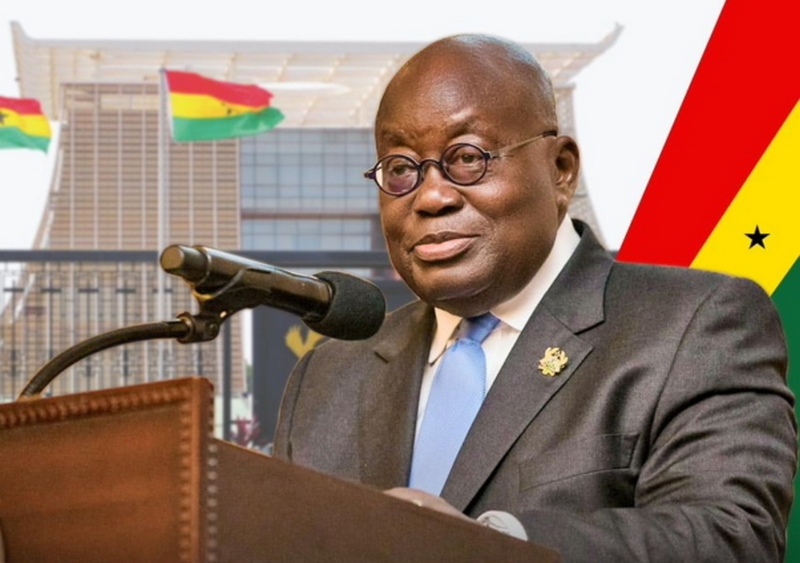adverts
On Friday, January 3, 2025, President Nana Addo Dankwa Akufo-Addo will deliver his final State of the Nation Address (SONA) to Parliament, marking the culmination of his tenure as Ghana’s leader.
This constitutionally mandated exercise, under Article 67 of the 1992 Constitution, will provide a comprehensive overview of his administration’s achievements, challenges, and the nation’s future direction.
A central theme of the address is anticipated to be the performance of Ghana’s economy. President Akufo-Addo is expected to highlight significant economic milestones, including macroeconomic indicators, Gross Domestic Product (GDP) growth, inflation control, and improvements in gross international reserves. The address will likely delve into job creation strategies and infrastructure development achievements across multiple sectors.
adverts
In his recent New Year message, the President underscored the impressive rebound of the economy, noting a 7.2 percent GDP growth rate in the third quarter of 2024, with an annual growth projection of 6.8 percent. “These achievements are not just numbers; they represent the improved livelihoods and brighter futures of our people,” he stated.
In his 2024 SONA, President Akufo-Addo detailed the progress made in stabilising the economy. Inflation, which peaked at 54.1 percent in December 2022, dropped to 23.5 percent by January 2024. The Ghanaian cedi experienced relative stability, with only 9 percent depreciation between February and December 2023, while gross international reserves rose to US$5.9 billion, reflecting increased financial resilience.
The outgoing president is expected to emphasise his administration’s accomplishments in education, particularly the flagship ‘Free Senior High School (SHS)’ policy, which has benefitted approximately 5.7 million students over the past eight years. Complementary initiatives, such as the Capitation Grant, feeding grants for special schools, and free BECE registration for public junior high school students, have improved access to education nationwide.
Reforms to enhance learning outcomes have also been a priority. The government introduced national standardised tests for primary four (P4) students, aimed at improving literacy and numeracy skills and ensuring every child gains foundational competencies before advancing.
Significant strides have been made in the energy sector, with over 200 communities connected to the national grid, raising Ghana’s electricity access rate to 88.85 percent. Plans are underway to achieve universal electricity access by connecting an additional 400 communities under the Self-Help Electrification Programme (SHEP).
Infrastructure development has also been a cornerstone of the administration’s agenda. Six major interchanges have been completed, easing urban traffic congestion, while 13 similar projects are currently ongoing to enhance connectivity and economic growth.
President Akufo-Addo is likely to acknowledge the challenges faced during his tenure, including the economic hardships exacerbated by the COVID-19 pandemic and global economic disruptions.
In his New Year message, he reflected on the resilience of Ghanaians: “The road has not always been smooth, but through difficulties and sacrifices, we have demonstrated the strength of the Ghanaian spirit. We rise together, no matter the odds.”
Despite the New Patriotic Party’s (NPP) defeat in the 2024 elections to the National Democratic Congress (NDC), the President is expected to present a narrative of a rebounding economy, leaving behind a solid foundation for future administrations.


